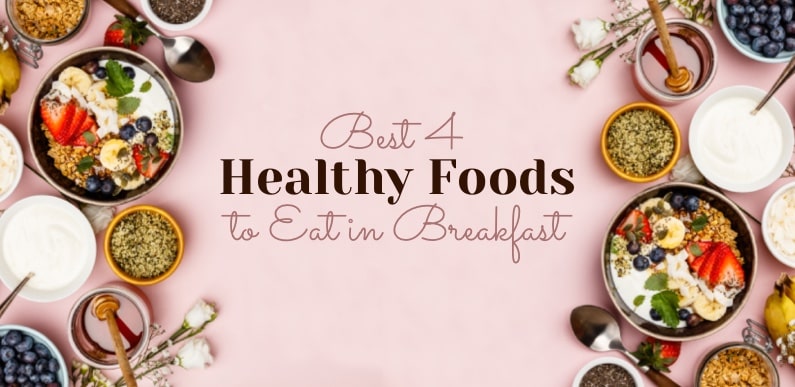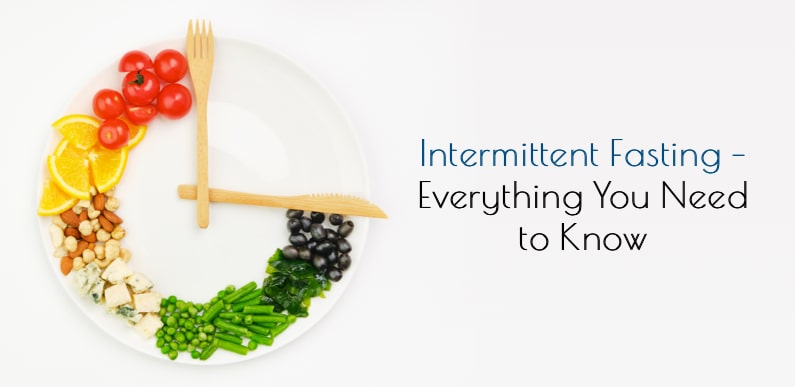You’ve heard a lot about amino acids and how important they are for building muscle. But these building blocks of protein are responsible for many other critical systems and functions in the body, including neurotransmitter and hormone production, immune health, nervous system function, tissue repair, digestion, and reproduction.
When you eat foods that are high in protein, the body breaks them down into amino acids. Your body needs 20 different amino acids, which are categorized as essential, conditionally essential, or non-essential.
You’ll find amino acids in a variety of foods, but there’s a catch: meat, fish, dairy, eggs, and other animal foods contain all nine essential amino acids and are considered complete proteins. Some plant foods—including soy and quinoa—contain all nine essential amino acids, but there’s some debate over whether they contain adequate quantities to be considered complete proteins. Beans, grains, and nuts are also rich in certain amino acids, but are low or lacking in others—called the limiting amino acid.
Here’s a guide to the best food sources of amino acids.
- Tofu
- Eggs
- Grass-Fed Beef
- Buckwheat
- Pistachios
- Cottage Cheese
- Quinoa
- Hemp Seeds
Don’t forget to log into your FNS Online Training Platform to check out the latest training video or strength workout.
We also have recovery video for your convenience.
For more blogs on similar topics, click here https://fns360.live/category/nutrition/






